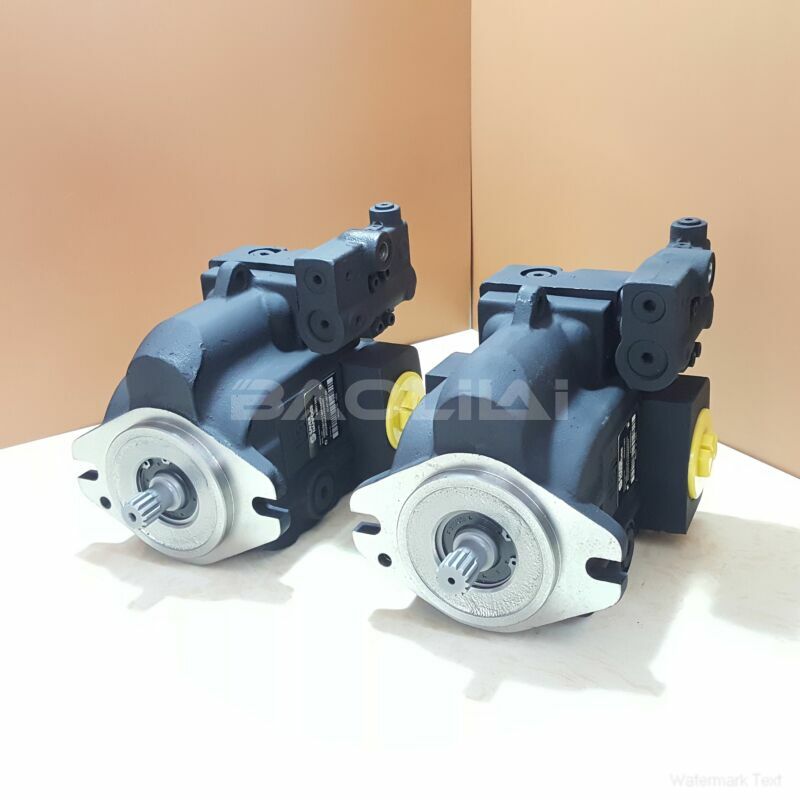LRR025CPC21NNNNN3C2RGA6NPLBNNNNNN danfoss pump
LRR025CPC21NNNNN3C2RGA6NPLBNNNNNN danfoss pump

- Product Details
- Applicable Scene
The textile industry is known for its intricate machinery, which plays a crucial role in the production of a wide range of fabrics. Among the various components that ensure optimal functioning, high-pressure pumps have emerged as vital elements that not only enhance productivity but also significantly contribute to the durability of textile machinery. This article explores the mechanics of high-pressure pumps and their impact on the longevity and reliability of equipment used in textile manufacturing.
LR-R-025C-PC-21-NN-NN-N-3-C2RG-A6N-PLB-NNN-NNN
LRR025CPC21NNNNN3C2RGA6NPLBNNNNNN
High-pressure pumps are designed to deliver fluid at high pressures, which is essential in numerous textile processes such as dyeing, washing, and finishing. By providing the necessary force to push fluids through complex systems, these pumps ensure that chemicals, dyes, and water reach their intended destinations efficiently. This efficiency reduces the time machines are in operation, consequently lowering wear and tear on various components.

7005133S
One of the key benefits of using high-pressure pumps in textile machinery is their ability to maintain consistent pressure levels. Fluctuations in pressure can lead to uneven application of dyes and chemicals, resulting in poorly finished products. This inconsistency not only affects product quality but can also increase the frequency of machine maintenance and repairs. High-pressure pumps mitigate these risks by delivering a stable pressure, thus reducing the likelihood of mechanical failure and the need for frequent downtime.
Moreover, high-pressure pumps are typically designed with robust materials that can withstand the harsh conditions of textile manufacturing. Exposure to corrosive chemicals and extreme temperatures can compromise the integrity of machinery. By integrating high-pressure pumps made from durable materials, manufacturers can ensure greater resistance to degradation, thus extending the lifespan of both the pumps and the machines they serve.
In addition to durability, high-pressure pumps contribute to cost efficiency. By enhancing the efficacy of textile processes, they reduce the amount of water and chemical waste produced during manufacturing. This not only lowers operational costs but also promotes sustainable practices within the industry. Machines that operate efficiently tend to require less maintenance, translating to further savings over time.





